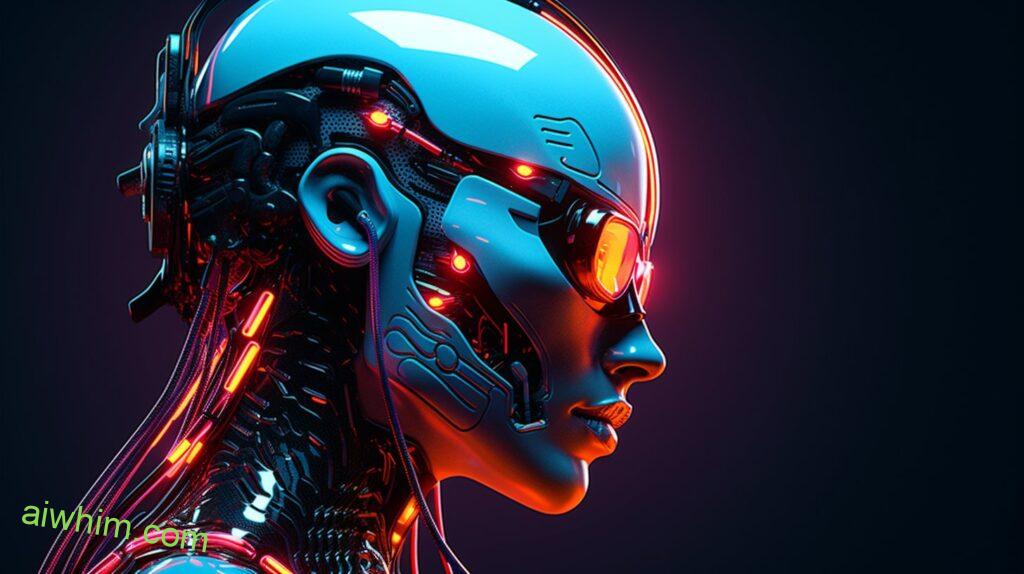So, you’ve heard that AI is slowly taking over the world, but did you ever imagine that even packing and packaging jobs could be at risk?
Well, brace yourself, because the future of packers and packagers might not be as secure as it once seemed. With advancements in artificial intelligence and automation, the packaging industry is undergoing a significant shift that could potentially change the landscape of these roles forever.
But what exactly does this mean for packers and packagers? Well, keep reading to find out the potential implications and how they can adapt to thrive in this new AI-driven era.
Key Takeaways
- AI streamlines and optimizes packaging operations, reducing time and improving efficiency.
- Automation of packaging processes eliminates the risk of human error and creates new job opportunities in automation and robotics.
- AI in packaging enables customized solutions, enhancing brand loyalty and customer experience.
- Packers and packagers need to adapt to automation challenges, acquire new skills, and stay updated with technological advancements to stay relevant in the industry.

Current Role of Packers and Packagers
Packers and packagers play a crucial role in the manufacturing process by efficiently and accurately packaging products for distribution. In today’s world, where technology is rapidly advancing, you might wonder about the relevance of manual labor in the packaging industry. However, the impact of technology on packaging efficiency can’t be underestimated.
While it’s true that technology has revolutionized many aspects of the manufacturing process, manual labor still holds its importance in packaging. There are certain tasks that require the human touch and can’t be fully automated. Packers and packagers possess the dexterity and attention to detail needed to ensure that products are packaged correctly and securely. They can quickly adapt to different packaging materials and product specifications, ensuring that each item is packaged with care.
At the same time, technology has significantly enhanced packaging efficiency. Automated machines can perform repetitive tasks, such as sealing boxes or labeling products, at a much faster rate than humans. This allows packers and packagers to focus on more complex tasks, such as inspecting products for quality and ensuring that the packaging meets industry standards.
It is worth noting that technology has also improved the safety and ergonomics of packaging processes. For example, automated lifting and moving equipment reduce the risk of physical strain and injuries associated with manual handling. This not only protects the well-being of packers and packagers but also ensures that products are handled safely and efficiently.

Impact of AI on Packaging Industry
As technology continues to advance, the packaging industry is experiencing a significant transformation with the introduction of Artificial Intelligence (AI). Automation in manufacturing and AI in supply chain management are revolutionizing the way products are packaged and delivered to consumers.
AI has enabled packaging companies to streamline and optimize their operations, leading to increased efficiency and cost savings. With automation in manufacturing, AI-powered machines can perform complex tasks such as labeling, sorting, and packaging at a much faster rate and with higher accuracy than humans. This not only reduces the risk of errors but also allows companies to meet the growing demands of consumers in a timely manner.
Furthermore, AI in supply chain management has revolutionized the packaging industry by providing real-time data analysis and predictive insights. By analyzing data from various sources such as sales, inventory, and production, AI algorithms can optimize packaging processes, reduce waste, and ensure timely delivery of products. This not only improves overall productivity but also enhances customer satisfaction.
The impact of AI on the packaging industry goes beyond just automation and efficiency. It also opens up new possibilities for customization and personalization. With AI-powered systems, packaging companies can create personalized packaging designs and messages tailored to individual customers. This not only enhances the overall brand experience but also helps companies establish a stronger connection with their customers.

Automation of Packaging Processes
The automation of packaging processes has revolutionized the packaging industry, improving efficiency and productivity. With the introduction of automation technologies, packaging companies can now streamline their operations and achieve higher output levels while minimizing errors. This shift towards automation has brought about numerous benefits that aren’t only advantageous to businesses but also to individuals seeking job opportunities in the industry.
One of the key benefits of automation in packaging processes is increased efficiency. Automated machines can perform tasks at a much faster rate than human workers, reducing the time required to package products. This allows packaging companies to meet tight deadlines and fulfill customer orders promptly. Moreover, automation eliminates the risk of human error, ensuring that products are packaged accurately and consistently.
In addition to efficiency, automation also improves productivity. By automating repetitive tasks, workers can focus on more complex and value-added activities. This not only enhances job satisfaction but also results in higher productivity levels. Employees can use their skills and expertise to oversee the automated systems, ensuring smooth operations and troubleshooting any issues that may arise.
While some may worry that automation could lead to job losses, it actually creates new opportunities. The implementation of automation technologies requires skilled professionals to design, program, and maintain these systems. As a result, there’s a growing demand for individuals with technical expertise in automation and robotics. Job roles such as automation engineers, technicians, and maintenance personnel are emerging in the packaging industry, offering promising career prospects.
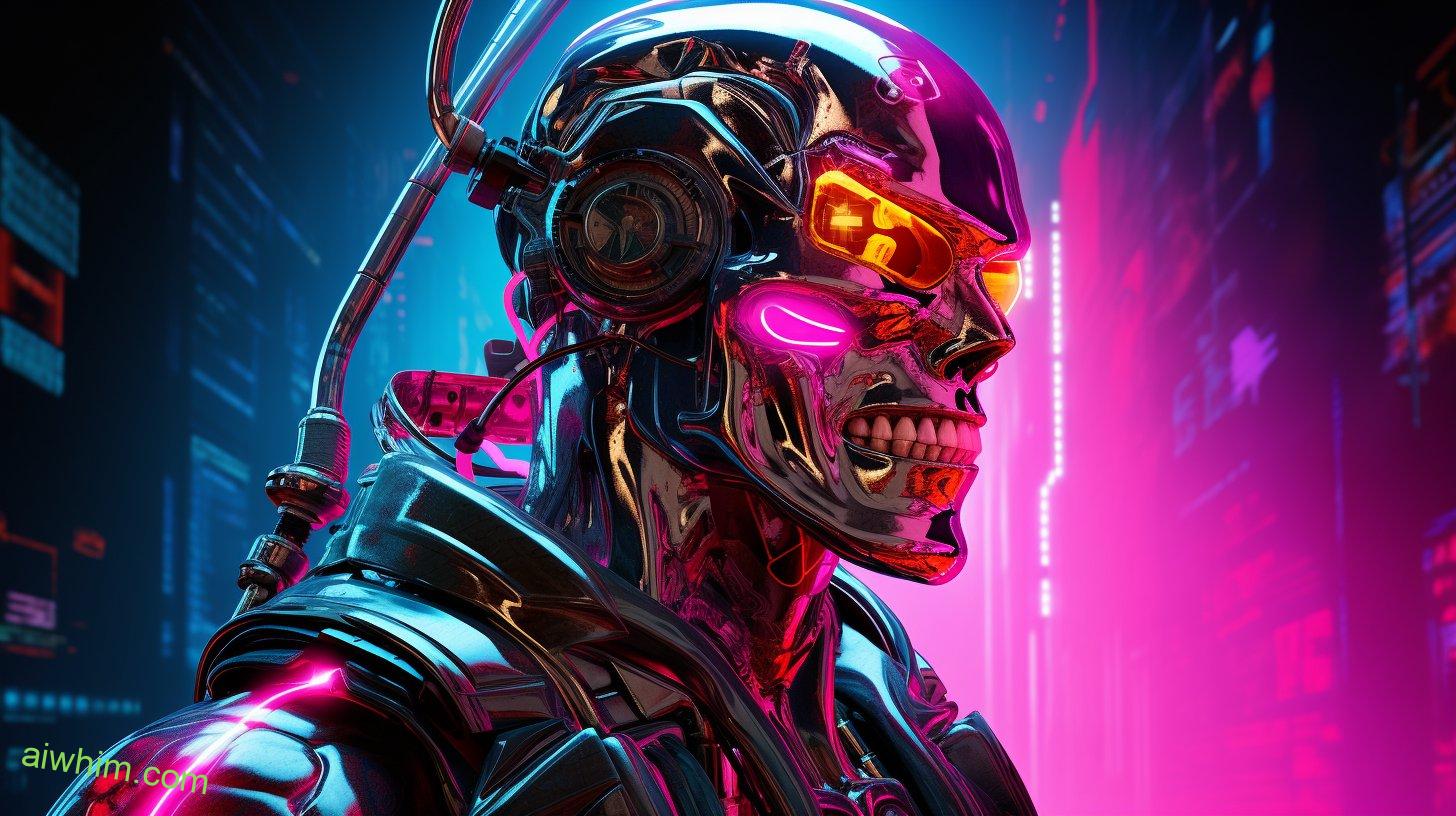
Advantages of AI in Packaging
With the increasing automation of packaging processes, the integration of AI technology brings even more advantages to the packaging industry. Here are four ways in which AI is improving efficiency and reducing errors in packaging:
- Streamlined Operations: AI-powered systems can analyze data and make real-time adjustments to optimize packaging processes. This means that machines can work faster and more accurately, reducing the time it takes to package products.
- Quality Control: AI can detect defects and inconsistencies in packaging materials and products. By using computer vision and machine learning algorithms, AI systems can quickly identify errors that may go unnoticed by human operators. This ensures that only high-quality products reach the market.
- Inventory Management: AI can help optimize inventory levels by analyzing demand patterns and predicting future needs. By accurately forecasting demand, businesses can reduce the risk of overstocking or running out of packaging materials, leading to cost savings and improved customer satisfaction.
- Personalization: AI can enable customized packaging solutions by analyzing consumer data and preferences. This allows businesses to create personalized packaging experiences that resonate with their target audience. By tailoring packaging designs, messages, and materials to individual customers, businesses can enhance brand loyalty and create a unique and memorable customer experience.

Challenges Faced by Packers and Packagers
Packers and packagers often encounter a range of challenges in their day-to-day tasks. With the rise of automation, these challenges have become even more prevalent, posing a threat to job security. As technology advances, it’s essential for packers and packagers to adapt and find ways to overcome these automation challenges.
One of the major challenges faced by packers and packagers is the fear of being replaced by machines. Automation has made significant progress in the packaging industry, and there’s a concern that machines will eventually take over their roles. This fear can lead to a sense of job insecurity, causing stress and uncertainty about the future.
Another challenge is the need to keep up with technological advancements. As automation continues to evolve, packers and packagers must continually update their skills to remain relevant. This may require learning how to operate and maintain automated packaging machinery or acquiring new technical knowledge. It can be challenging to stay updated with the fast-paced changes in technology, but it’s crucial for job security.
Additionally, automation challenges can include technical issues and malfunctions with machinery. When automated systems break down or encounter glitches, it can disrupt the packaging process and cause delays. Packers and packagers must be prepared to troubleshoot and resolve these issues quickly and efficiently to ensure smooth operations.
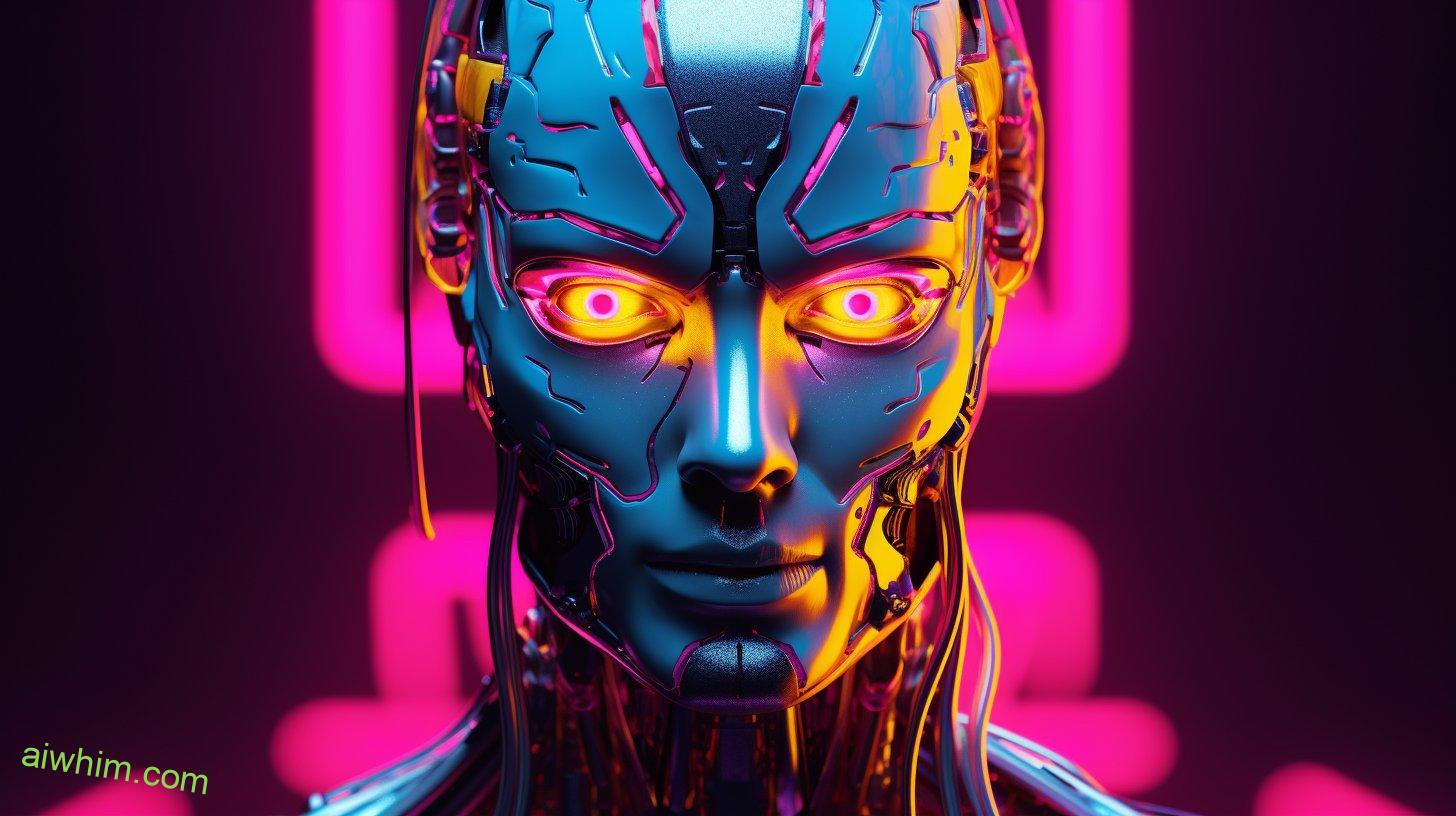
Training and Upskilling Opportunities
To stay competitive and secure their future in the packaging industry, packers and packagers can take advantage of various training and upskilling opportunities. With the rapid advancement of technology, it’s crucial for workers in this field to continuously upgrade their skills and knowledge.
Here are four ways you can embrace training and upskilling programs to thrive in the evolving landscape:
- Online Courses: Explore a wide range of online training opportunities that offer flexible schedules and the freedom to learn at your own pace. These courses cover topics such as quality control, inventory management, and advanced packaging techniques. By investing time in online learning, you can enhance your expertise and adapt to changing industry demands.
- Industry Workshops: Attend workshops conducted by industry experts to gain hands-on experience and learn the latest trends and best practices. These workshops often provide valuable networking opportunities, allowing you to connect with peers and mentors who can guide you on your professional journey.
- Apprenticeships: Consider participating in apprenticeship programs offered by packaging companies or trade unions. These programs provide a unique opportunity to learn directly from experienced professionals while earning a wage. Through on-the-job training, you can acquire practical skills and knowledge that will set you apart from the competition.
- Cross-Training: Expand your skill set by cross-training in different areas of the packaging process. By learning multiple roles, you become a versatile asset to your employer, increasing your value and opening up new opportunities for advancement.

Potential Job Loss Due to AI Advancements
As technology continues to advance in the packaging industry, staying competitive and securing your future as a packer or packager means considering the potential job loss due to AI advancements. It’s important to be aware of the potential impact of AI on your job and take proactive steps to adapt and thrive in the changing landscape.
The rise of AI technology in the packaging industry has the potential to lead to job displacement, as machines become more efficient and capable of performing tasks that were previously done by humans.
The workforce transformation brought about by AI advancements is a reality that can’t be ignored. Automation and robotics are increasingly being used in packaging processes, leading to increased efficiency and reduced costs for companies. While these advancements bring benefits such as improved productivity and reduced errors, they also pose a threat to traditional packing jobs.
However, it’s important to remember that AI advancements don’t necessarily mean the complete elimination of jobs. Instead, they’re more likely to result in a shift in the nature of work. As AI takes over repetitive and mundane tasks, it frees up human workers to focus on more complex and creative aspects of the job. This means that while some jobs may be lost, new opportunities may also arise for individuals who are willing to adapt and embrace the changes brought about by AI.
To secure your future in the packaging industry, it’s crucial to stay informed about the latest AI advancements and technologies. By keeping up with industry trends and acquiring new skills, you can position yourself as a valuable asset in the evolving job market. Upskilling and retraining programs can help you develop the necessary expertise to work alongside AI systems and contribute to their implementation and maintenance.

Evolution of Packaging Technology
Advancements in technology have greatly influenced the evolution of packaging, revolutionizing the way products are stored, transported, and presented to consumers. Here are four ways in which packaging technology has evolved:
- Smarter Packaging Design: With the advent of artificial intelligence and machine learning, packaging design has become more innovative and efficient. AI algorithms analyze consumer behavior, market trends, and product requirements to create packaging that not only catches the eye but also enhances functionality.
- Sustainable Materials: The evolution of packaging design has also brought a focus on sustainability. Manufacturers are now using eco-friendly materials such as biodegradable plastics, recycled paper, and compostable packaging. This shift towards sustainability not only reduces environmental impact but also appeals to consumers who value ethical and eco-conscious products.
- Intelligent Tracking and Tracing: Advanced technologies like RFID (Radio Frequency Identification) and QR codes have made it easier to track and trace products throughout the supply chain. This allows for better inventory management, reduces the risk of counterfeiting, and enhances transparency for consumers who want to know more about the origins of the products they purchase.
- Interactive Packaging: Packaging is no longer just a means to protect and transport products. It has become a platform for interaction and engagement with consumers. Augmented reality (AR) and QR codes on packaging can provide additional information, offer interactive experiences, or even allow consumers to virtually try out products before purchasing.
As technology continues to advance, the evolution of packaging design will likely continue. Sustainability in packaging will remain a key focus, and innovative technologies will enable packaging to become even more intelligent and interactive.
Embrace the freedom that comes with these advancements, as they enhance the overall consumer experience and contribute to a more sustainable future.
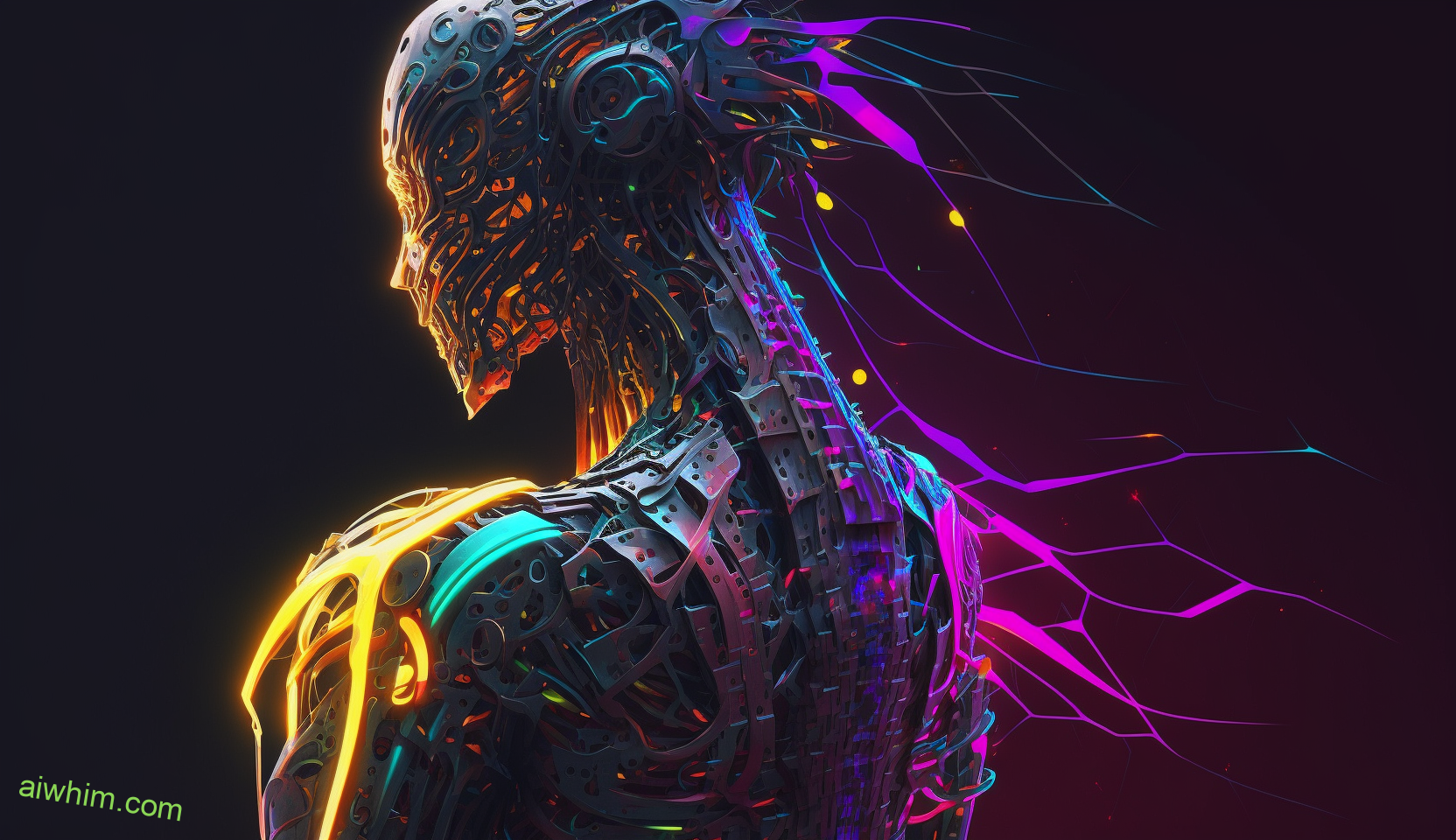
Integration of AI in Packaging Operations
With the evolution of packaging technology, the integration of AI in packaging operations has revolutionized the way products are managed and processed. Automation in packaging has become increasingly prevalent, and AI plays a crucial role in this transformation. AI technologies, such as machine learning and computer vision, are now being used to streamline packaging processes, improve efficiency, and enhance supply chain management.
One key area where AI is making an impact is in quality control. AI-powered systems can quickly and accurately inspect products for defects, ensuring that only high-quality items are packaged and sent out for distribution. This not only reduces the risk of delivering faulty products to customers but also saves time and resources by eliminating the need for manual inspection.
Furthermore, AI is also being utilized to optimize packaging operations. By analyzing data from various sources, including sales forecasts, inventory levels, and production capacity, AI algorithms can determine the most efficient packaging configurations and identify bottlenecks in the supply chain. This enables companies to make better decisions regarding packaging materials, packaging sizes, and shipment schedules, ultimately improving overall productivity and reducing costs.
In addition to these benefits, AI in packaging operations also offers increased traceability and transparency. By tracking products throughout the entire packaging process using AI-powered systems, companies can ensure compliance with regulations, easily trace the origin of products, and provide customers with accurate information about their purchases.

Role of AI in Quality Control
AI revolutionizes quality control in packaging operations by quickly and accurately inspecting products for defects, ensuring only high-quality items are packaged and distributed. This technology has a profound impact on product design and the overall efficiency of supply chain management. Here’s how AI is transforming quality control:
- Enhanced defect detection: AI systems use advanced algorithms to analyze product images and identify even the smallest defects that may be missed by human inspectors. This ensures that every product meets the highest quality standards before being packaged and shipped.
- Reduced human error: Unlike humans, AI systems don’t get tired or lose focus. They consistently perform quality control inspections with precision and accuracy, minimizing the risk of human error. This leads to a significant reduction in product recalls and customer complaints.
- Faster inspection process: AI-powered machines can inspect products at a much faster rate compared to manual inspections. This not only improves overall productivity but also enables manufacturers to meet tight deadlines and fulfill customer orders more efficiently.
- Data-driven decision making: AI systems collect and analyze vast amounts of data during the quality control process. This valuable information can be used to identify patterns, trends, and potential issues in the production line. By leveraging this data, companies can make informed decisions to optimize their processes and improve product quality.
The integration of AI in quality control not only ensures that only flawless products reach the market but also enhances the efficiency and reliability of the entire supply chain. With AI’s ability to detect defects, reduce human error, expedite inspections, and provide data-driven insights, businesses can deliver high-quality products to consumers while maintaining a competitive edge in the market.
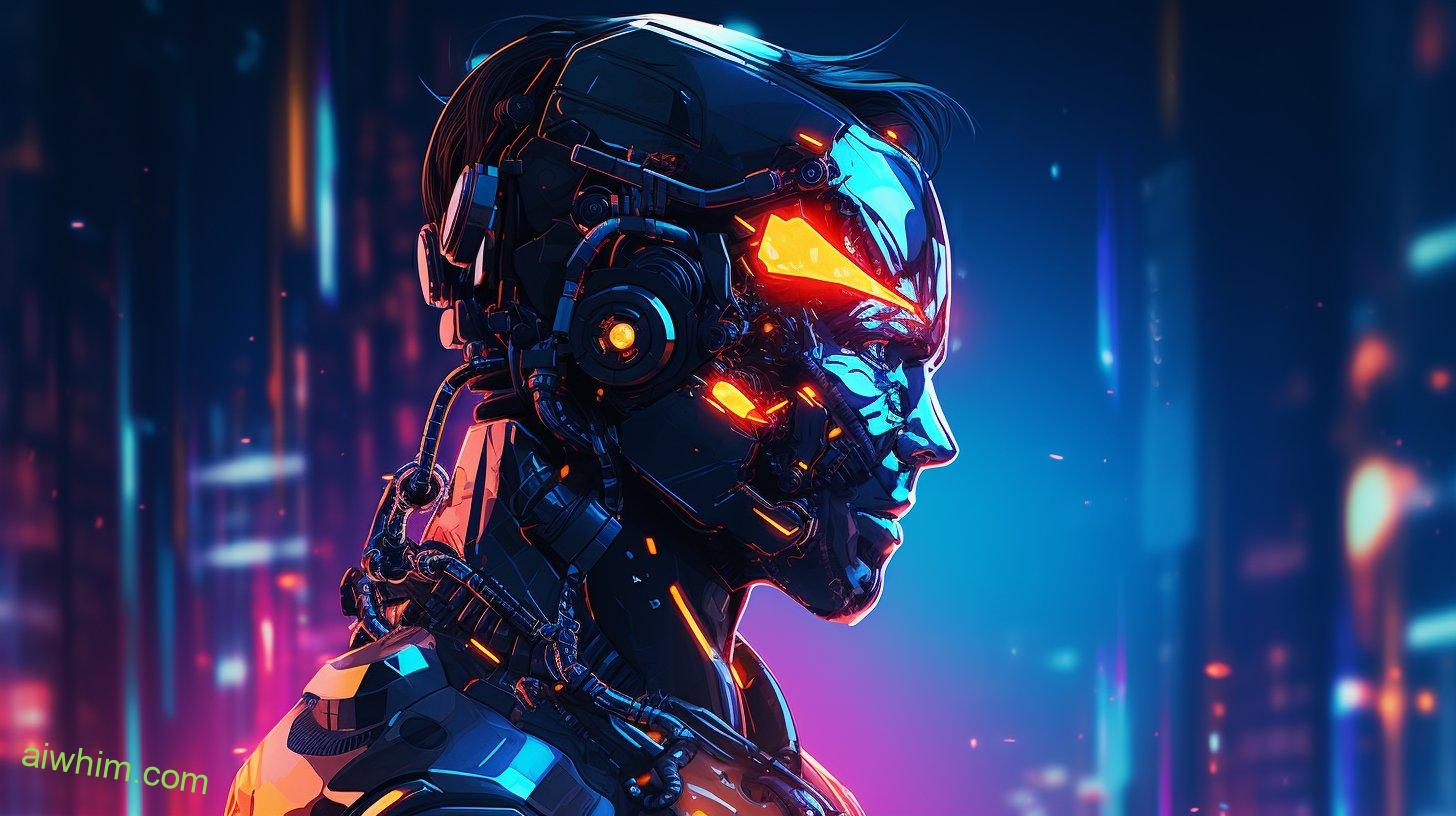
Future Prospects for Packers and Packagers
Packers and packagers play a crucial role in the supply chain industry, ensuring efficient packaging and distribution of products. However, with the rise of automation and artificial intelligence (AI), there are concerns about the future job opportunities for these workers and the impact on employment.
The introduction of AI and robots in the packaging industry has the potential to automate many tasks that were previously done by humans. Machines can now handle sorting, stacking, and labeling products, making the packaging process faster and more efficient. This automation can lead to a decrease in the demand for human packers and packagers.
While this may be a cause for concern, it’s important to note that the impact on employment may not be as dire as it seems. The introduction of AI and automation often leads to the creation of new job opportunities. As machines take over repetitive and mundane tasks, humans can focus on more complex and creative aspects of packaging and distribution. This shift in responsibilities can lead to the development of new roles such as packaging designers, quality control experts, and logistics coordinators.
Additionally, the demand for packers and packagers is unlikely to disappear completely. There will always be a need for human involvement in areas that require flexibility, adaptability, and problem-solving skills. Human workers can handle tasks that require judgment, decision-making, and handling unexpected situations.

New Skillsets Required in Packaging Industry
As the packaging industry adapts to the introduction of automation and AI, there’s a growing need for workers to acquire new skillsets. The implementation of these new technologies has brought about a shift in the industry, requiring workers to learn and master new packaging techniques.
Here are four key areas where the impact on the workforce is most evident:
- Technology proficiency: With the increasing use of automation and AI in packaging, workers need to become proficient in operating and maintaining these advanced systems. This includes understanding how to program, troubleshoot, and optimize the technology to ensure smooth operations.
- Data analysis: As automation and AI generate vast amounts of data, workers need to develop skills in data analysis. This involves interpreting data to identify trends, improve efficiency, and make informed decisions. By harnessing the power of data, workers can enhance the packaging process and improve overall productivity.
- Collaboration: The introduction of automation and AI creates a need for workers to collaborate effectively with these technologies. This involves understanding how to work alongside robots and machines, coordinating tasks, and ensuring seamless integration between human and automated processes.
- Creativity and problem-solving: While automation and AI handle repetitive tasks, workers need to focus on more complex and creative aspects of packaging. This includes designing innovative packaging solutions, identifying ways to reduce waste and environmental impact, and solving intricate packaging challenges.
The adoption of new packaging techniques in the industry necessitates a workforce that’s adaptable, technologically proficient, and creative. By acquiring these new skillsets, workers can embrace the changing landscape of the packaging industry and thrive in an environment that values innovation and efficiency.
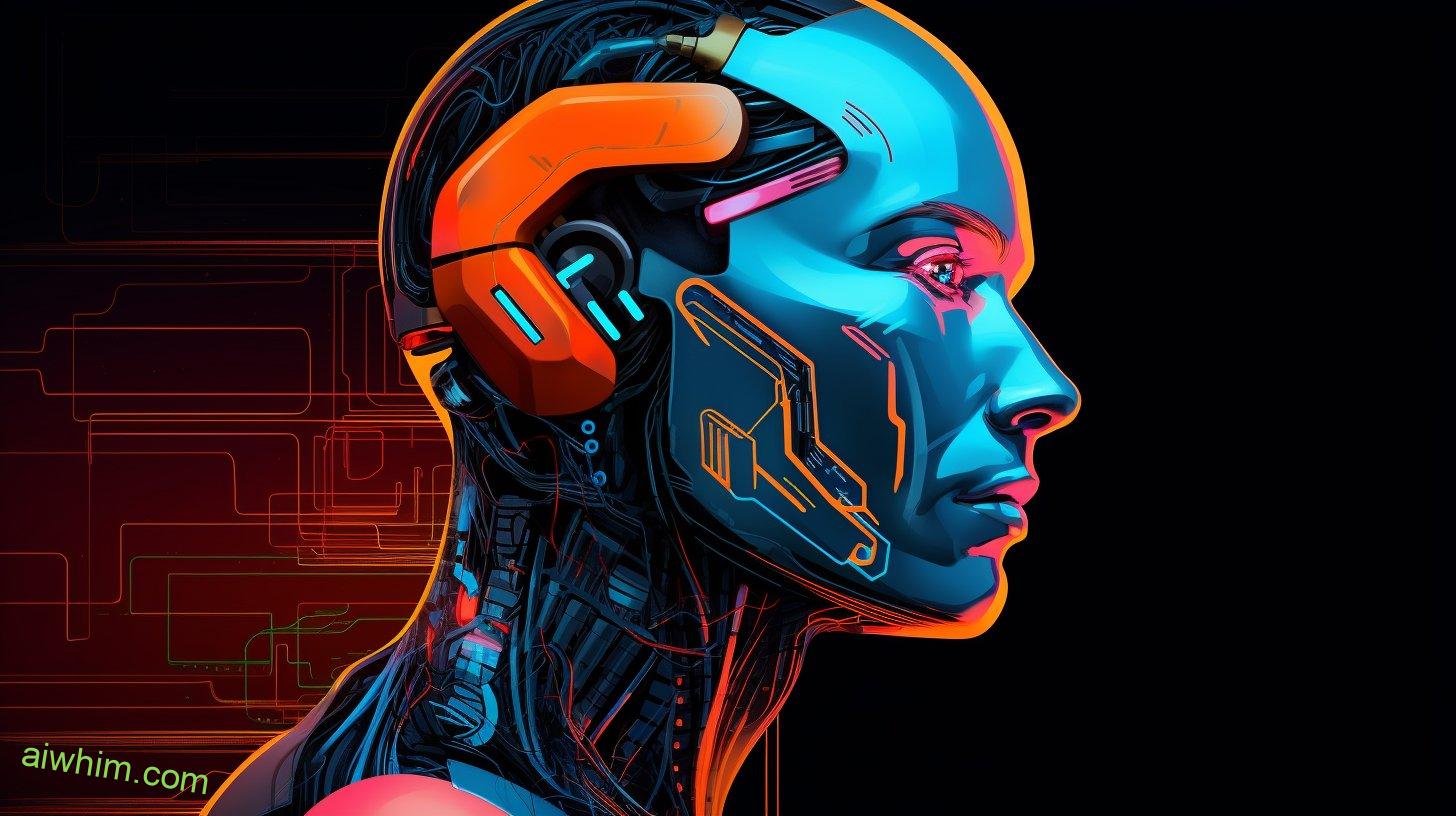
Collaboration Between Humans and AI in Packaging
To effectively collaborate with AI in the packaging industry, you must develop a strong understanding of how to integrate your skills with advanced technology. Human AI collaboration in packaging has the potential to revolutionize the industry and impact employment in various ways.
One of the key benefits of collaboration between humans and AI in packaging is increased efficiency. By harnessing the power of AI, tasks that were once time-consuming and labor-intensive can now be automated, allowing workers to focus on more complex and strategic aspects of their job. This not only improves productivity but also enhances job satisfaction by eliminating repetitive and monotonous tasks.
Another impact of human AI collaboration in packaging is the creation of new job opportunities. While some fear that AI will replace human workers, the reality is that it will likely lead to the creation of new roles that require a different set of skills. For example, workers will need to acquire skills in data analysis, programming, and machine learning to effectively collaborate with AI systems. This opens up avenues for career growth and development in the packaging industry.
However, it’s important to note that collaboration between humans and AI also brings challenges. Workers must be willing to adapt and continuously update their skills to keep up with the rapid advancements in technology. This requires a proactive approach to learning and embracing change.
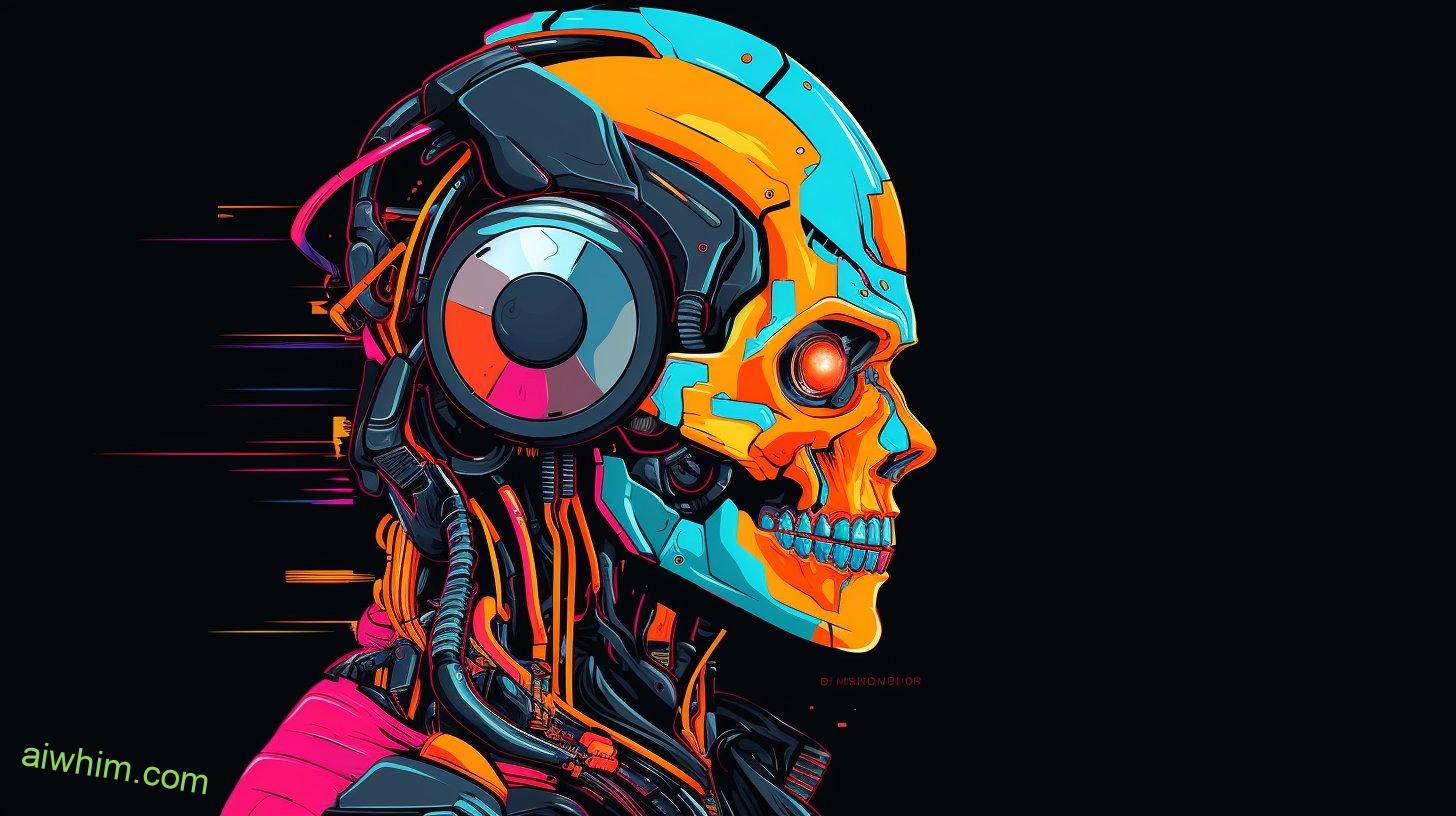
Adaptation Strategies for Packers and Packagers
Developing effective adaptation strategies is crucial for packers and packagers to thrive in an evolving industry. As automation and AI continue to reshape the packaging landscape, it’s important to stay ahead of the curve and embrace new ways of working.
Here are some strategies to help you navigate the challenges and secure your future job prospects:
- Embrace technology: Instead of fearing automation, embrace it as a tool that can enhance your work. Learn how to operate and maintain the machines that are being introduced in your industry. By becoming tech-savvy, you can position yourself as an asset to employers who are seeking individuals with a diverse skill set.
- Upskill and reskill: As the industry evolves, so should your skills. Identify the areas where automation is likely to have the biggest impact and focus on developing complementary skills. Consider taking courses or attending workshops to acquire new knowledge and stay relevant in the job market.
- Adapt to new roles: The rise of AI and automation may lead to the transformation of traditional packaging roles. Be open to exploring new positions and responsibilities that emerge as a result of technological advancements. By being flexible and adaptable, you can secure your place in the industry and remain employable.
- Cultivate interpersonal skills: While machines can perform certain tasks more efficiently, they can’t replicate human interaction. Focus on honing your communication, problem-solving, and teamwork skills. These interpersonal skills will become increasingly valuable as collaboration between humans and AI becomes the norm.

Conclusion: Embracing AI for a Competitive Edge
Embracing AI can give you, as a packer or packager, a competitive edge in the evolving industry. As automation technologies continue to advance, it’s important to recognize the potential benefits that AI can bring to your job. By incorporating AI into your work processes, you can streamline operations, increase efficiency, and ultimately stay ahead of the competition.
One of the key advantages of embracing AI is the creation of new job opportunities. While there may be concerns about AI replacing human workers, it’s more likely that AI will augment and complement your skills rather than replace you entirely. AI can take over repetitive and mundane tasks, allowing you to focus on more complex and meaningful work. This shift in responsibilities opens up the door for you to learn new skills, take on higher-level roles, and contribute in more innovative ways.
However, it’s important to address the ethical concerns associated with AI. As AI becomes more integrated into the packing and packaging industry, it’s crucial to ensure that the technology is used responsibly and ethically. Transparency and accountability in AI systems are essential to prevent biases, discrimination, and privacy breaches. By actively engaging in discussions around ethical AI practices and advocating for responsible implementation, you can help shape the future of AI in a way that benefits both workers and society as a whole.

Frequently Asked Questions
How Will AI Impact the Collaboration Between Humans and AI in the Packaging Industry?
AI will greatly impact the collaboration between humans and AI in the packaging industry. Job roles will change as AI takes over repetitive tasks, allowing humans to focus on more complex and creative work.
What Are Some Adaptation Strategies That Packers and Packagers Can Implement to Thrive in the Era of Ai?
To thrive in the era of AI, packers and packagers can implement adaptation strategies. They should focus on enhancing collaboration with AI, exploring new roles, and acquiring new skills to remain valuable in the industry.
Are There Any Specific New Skillsets That Will Be Required in the Packaging Industry Due to AI Advancements?
To thrive in the packaging industry’s AI advancements, you’ll need to develop new skillsets. Embrace the digital wave, learn to work alongside AI, and become a master at utilizing automated systems to enhance your packaging expertise.
Can You Provide Examples of How AI Is Currently Being Integrated Into Packaging Operations?
AI is currently being integrated into packaging operations in various ways. For example, AI is used for quality control, inventory management, and predictive maintenance. This integration impacts collaboration between humans and AI, enhancing productivity and efficiency in the packaging industry.
Will the Automation of Packaging Processes Lead to Significant Job Loss for Packers and Packagers?
Automation in packaging processes may lead to job loss for packers and packagers. However, it also presents opportunities for job preservation, as workers can focus on higher-skilled tasks that require human touch and creativity.
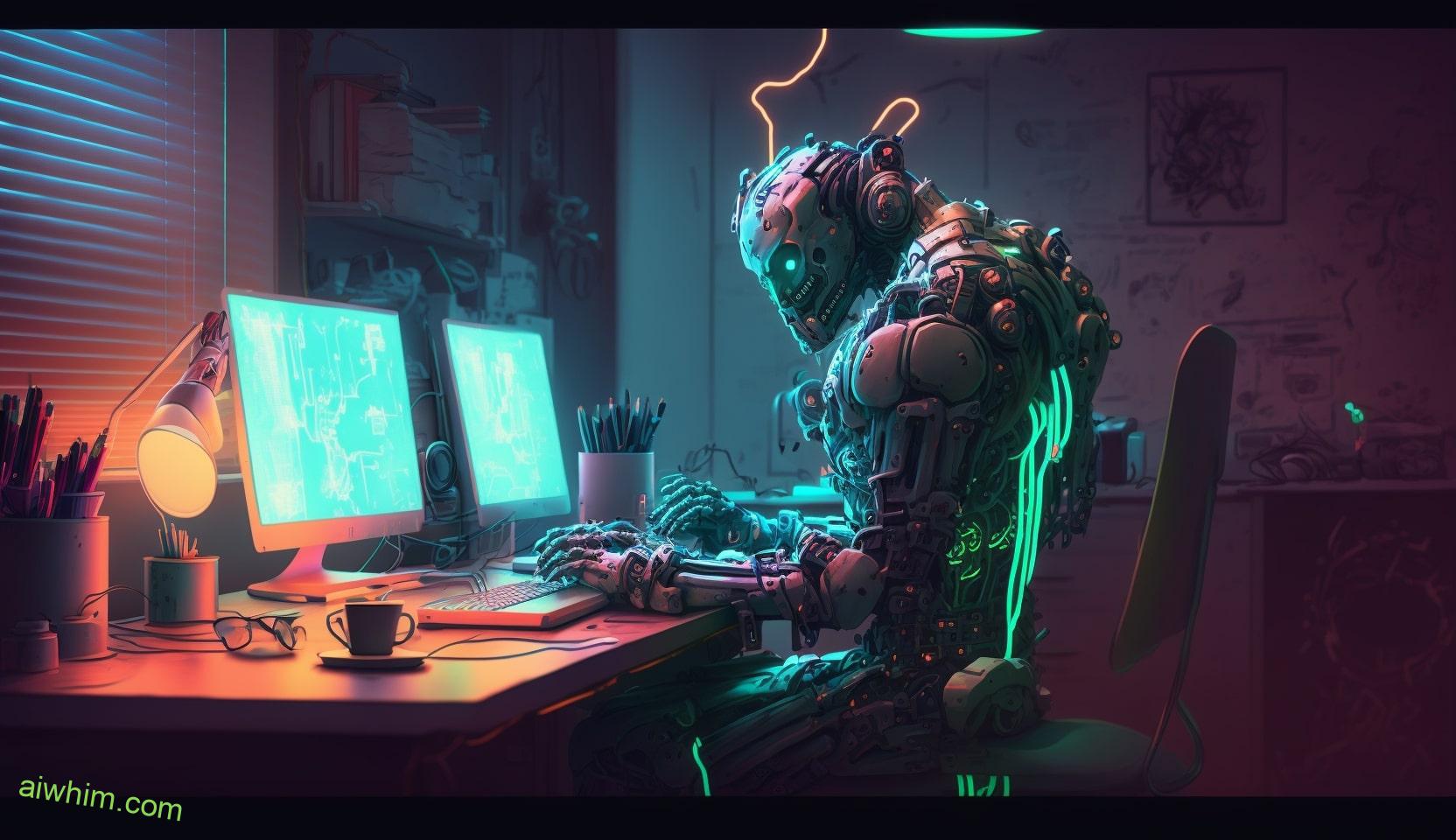
Conclusion
In the race to stay competitive, packaging professionals must embrace the power of AI. Like a well-oiled machine, AI can streamline packaging processes, increasing efficiency and reducing errors.
However, it’s important to remember that humans play a vital role in the collaboration with AI, bringing creativity and adaptability to the table.
Together, humans and AI can create a seamless packaging experience that’s both efficient and visually stunning, giving businesses a competitive edge in the market.

